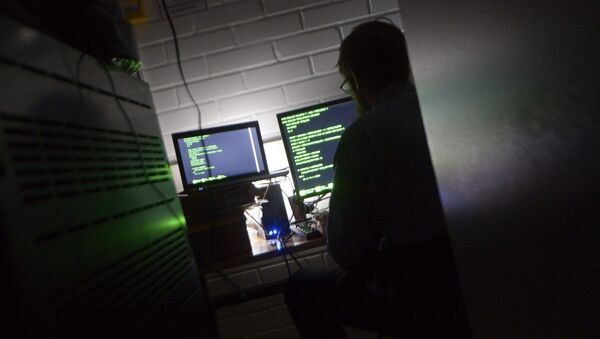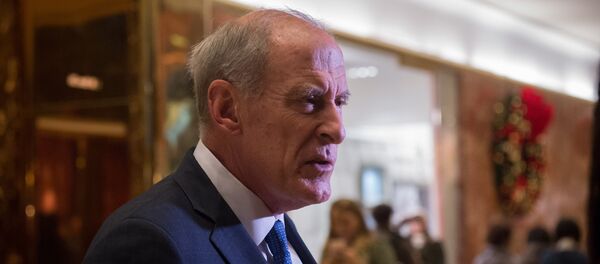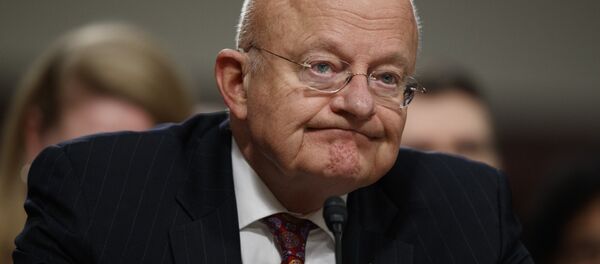In 2011, Mark Rettenmaier, a prominent Orange County physician and surgeon, visited the Mission Viejo Best Buy to get his HP Pavilion desktop computer repaired. Rettenmaier was met with an unpleasant surprise when the Geek Squad technician, who turned out to be an FBI informant, as well as his supervisor and his supervisor's colleague, claim that they opened a file containing an image that met the definition of child pornography. The agency charged Rettenmaier with possession of child pornography, but a later investigation exposed wrongdoings on behalf of the FBI.
By now you understand that if you bring your computer to Best Buy, or any other big-ticket computer maintenance company, know that they will shuffle through your personal files.
There is an interesting legal trick, though.
If a technician finds something that can be considered to be criminal, they are obliged to report the discovery to law enforcement, and are legally protected by the "private search doctrine," a tricky piece of US legislation which states that your discovery does not require a search warrant. Law enforcement agencies can then conduct a follow-up search, also without obtaining a search warrant, but the second search cannot exceed the scope of the original search conducted by the first geek.
It turns out that the image in question on Rettenmaier's desktop was discovered in unallocated space on the hard drive, indicating that the file was not a legitimate part of hard drive content, as it could be a file marked as deleted and treated by the computer as free space. In a court of law, no one can say who downloaded the file to the drive, or when. Rettenmaier, could claim to have no idea that the file was there in the first place. From a legal point of view, he was not "knowingly in possession" of the file.
The FBI is aware that files from unallocated hard drive space cannot be used as evidence, thanks to another case ruled that very year, and omitted this fact before Judge Marc Goldman, who authorized a raid on Rettenmaier's home in 2012.
"FBI records reviewed by OC Weekly contain discrepancies about the picture and offer conflicting narratives about the agency's actions against his client. [Riddet] also wants additional records, which he believes have been hidden," says OC Weekly's Scott Moxley.
The discrepancies in question have led Riddet to believe there was no child porn on computer.
US District Court Judge Cormac Carney agreed that those discrepancies raised questions, and ordered government officials to conduct a new, ‘diligent' search for evidence, compelling Gannon to provide additional testimony as to whether she saw the image before approving a search warrant. By his order, the FBI agents, who have probably accused an innocent person, will also be questioned under oath.
The FBI is in an embarrassing position, but the story is not over. According to US legislation, companies like Best Buy are legally obliged to report any illegal content they find. The agency could have used this fact in the first place, but did not. Why would they do that? Arguably, it is because paying Best Buy employees $500 is far beyond the concept of ‘private search' and a clear violation of the Fourth Amendment of US Constitution that prohibits unreasonable search and seizure.





